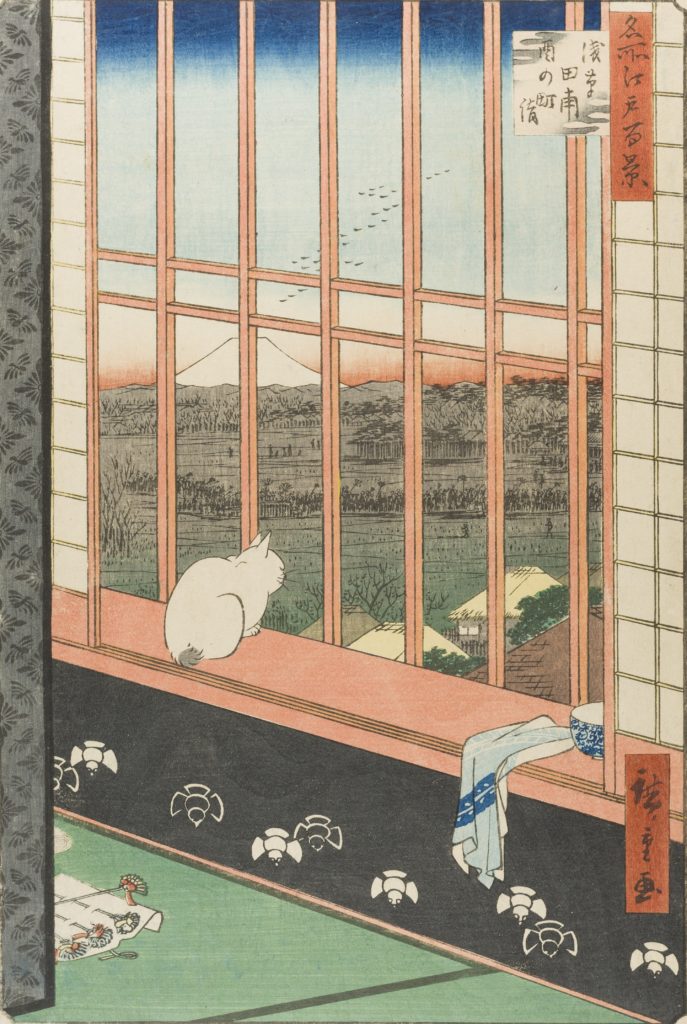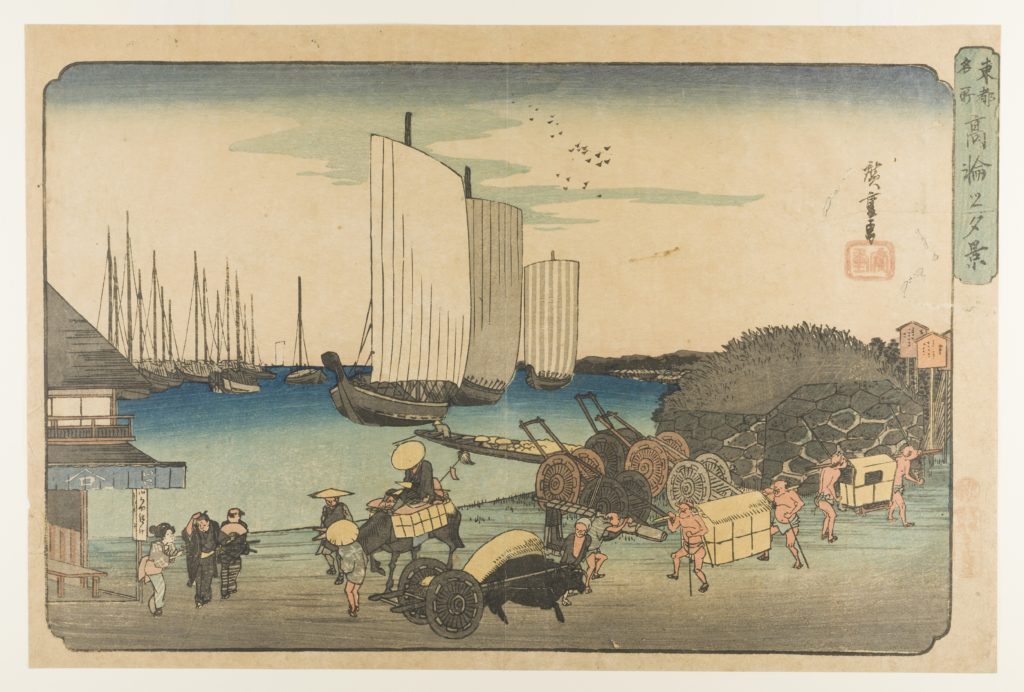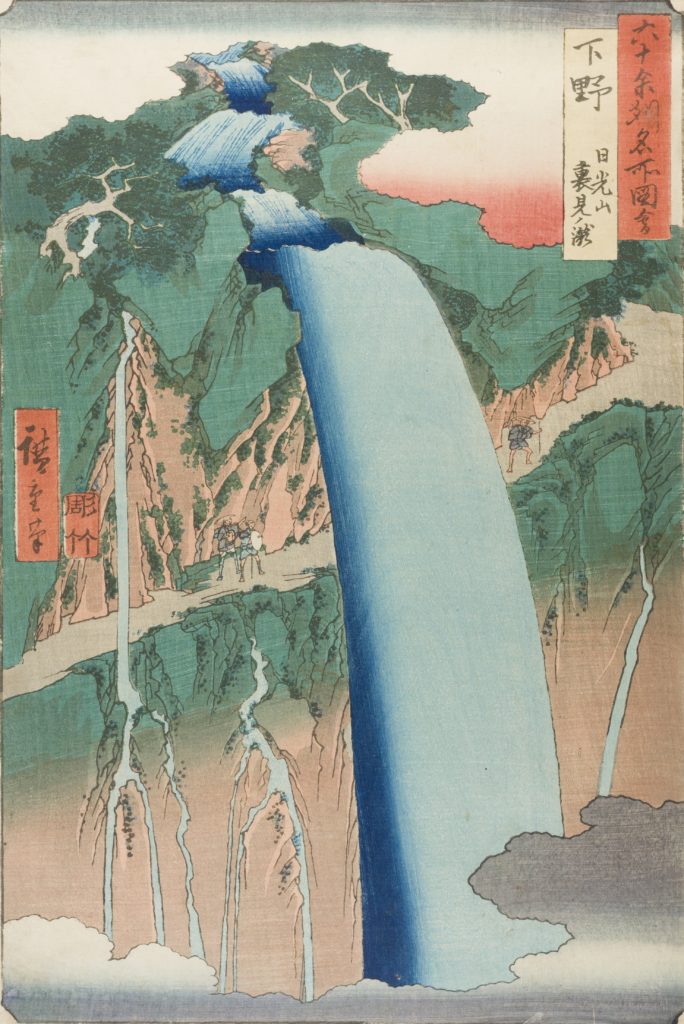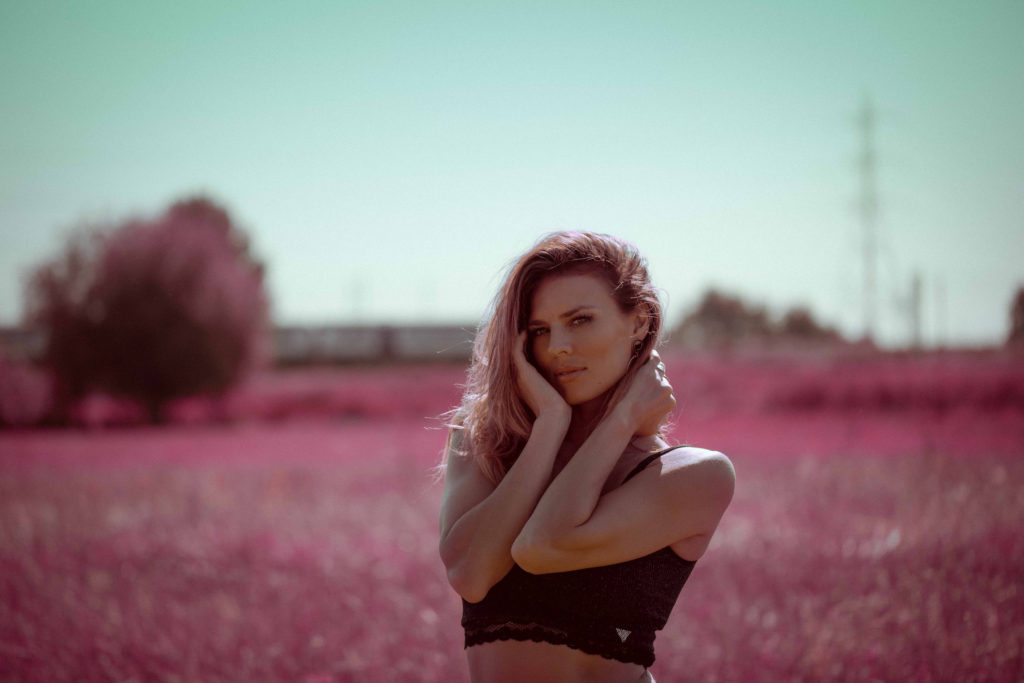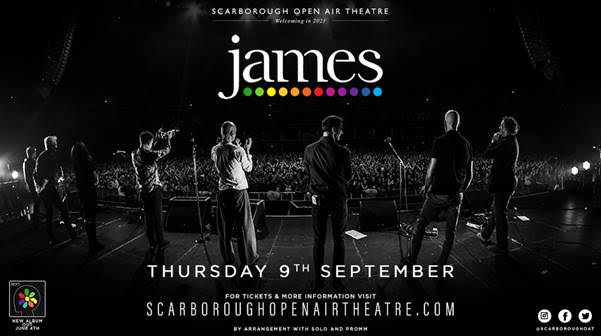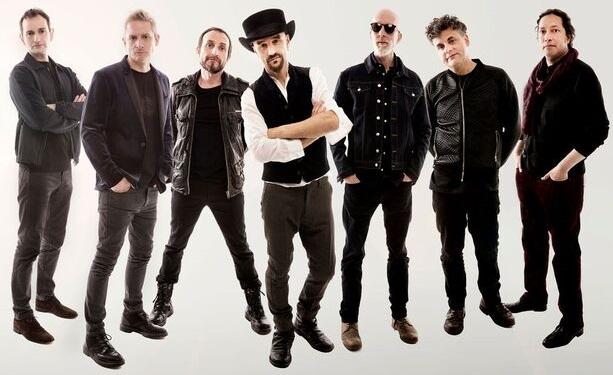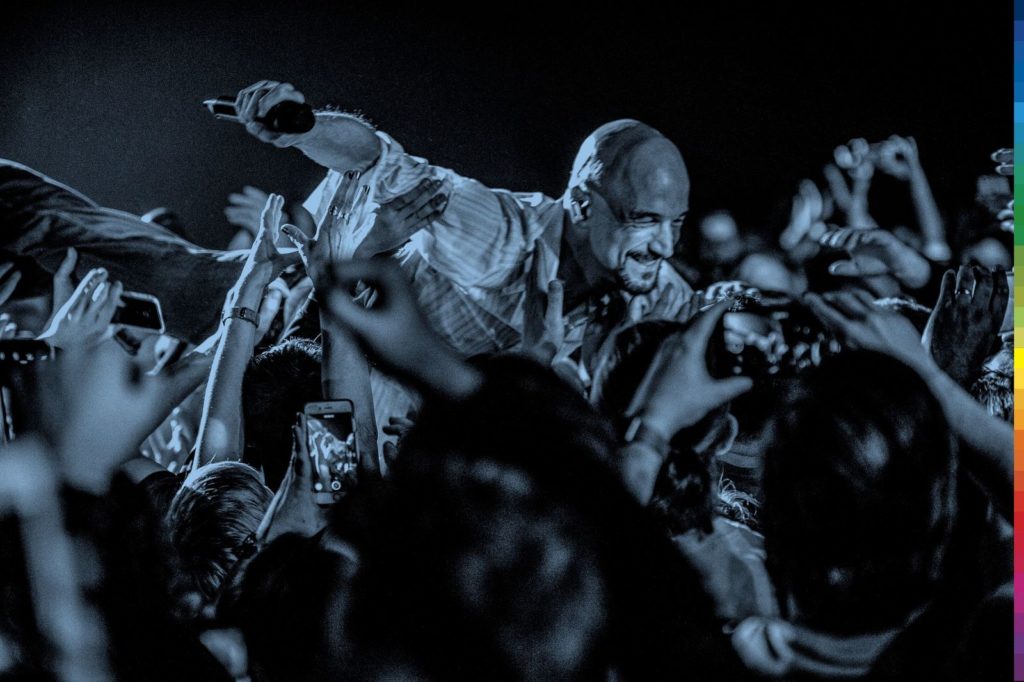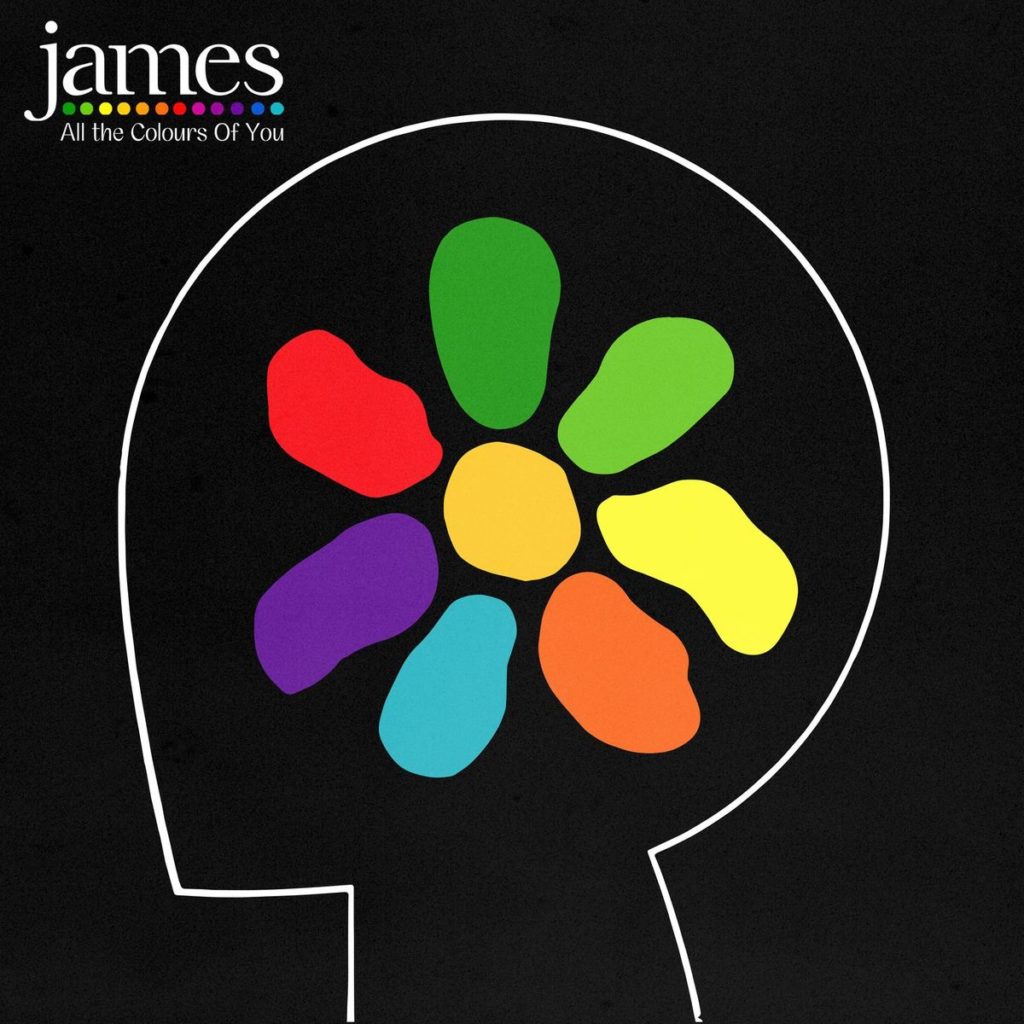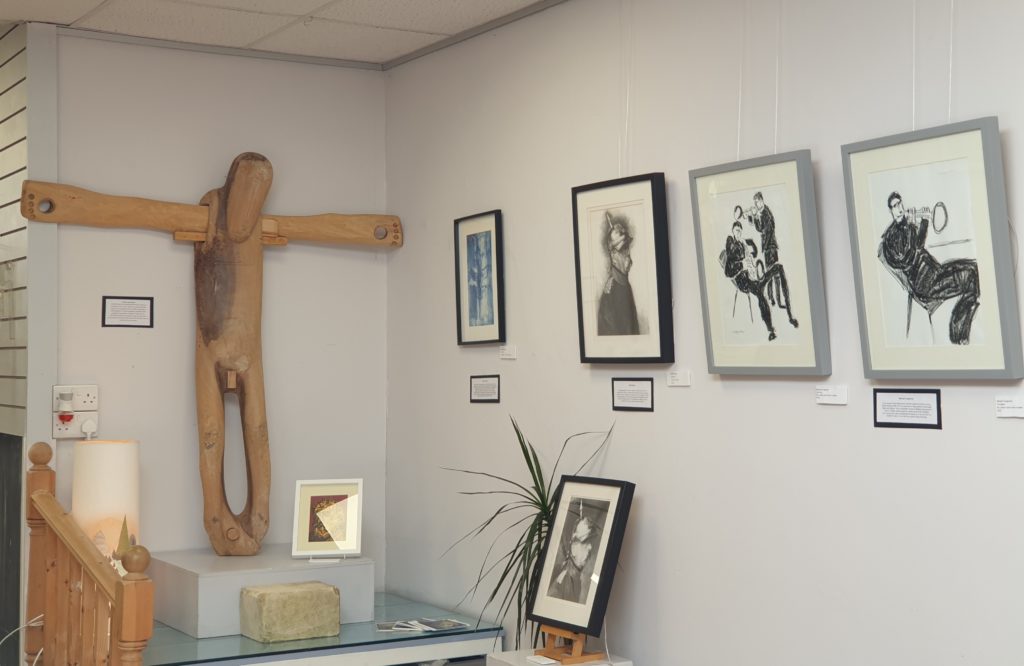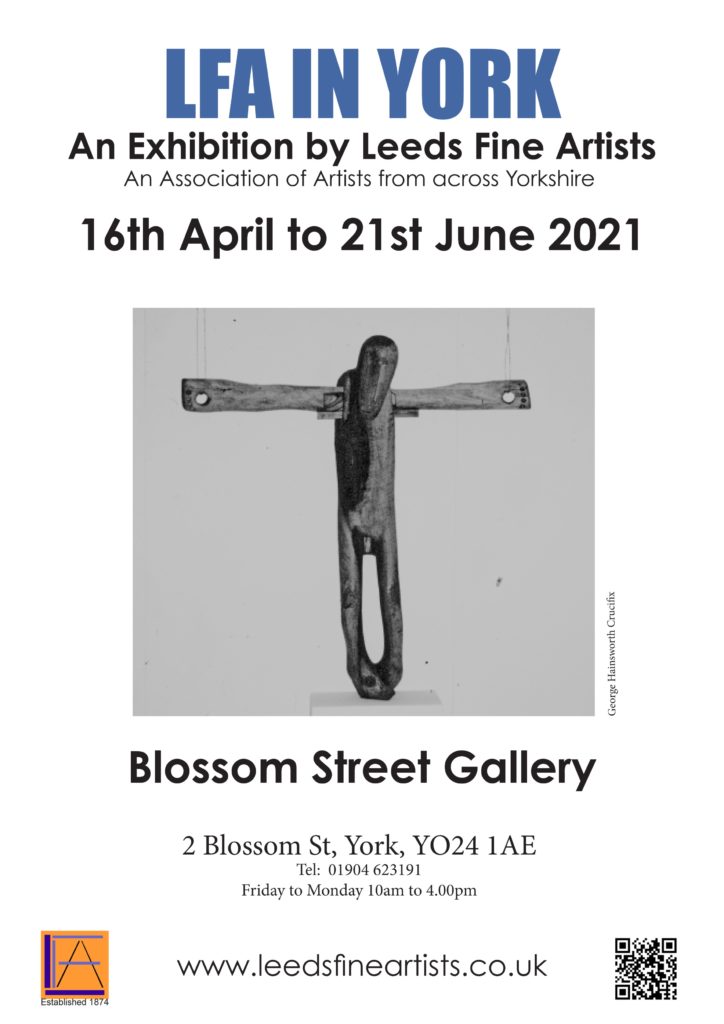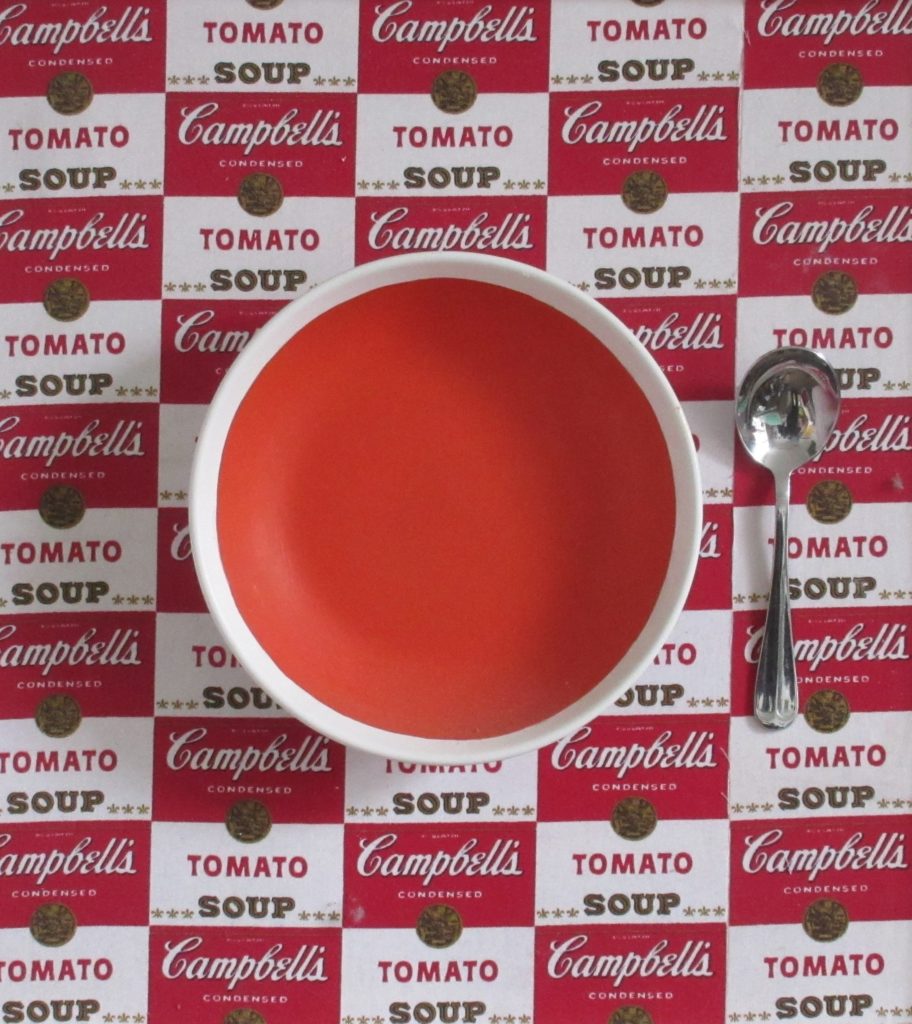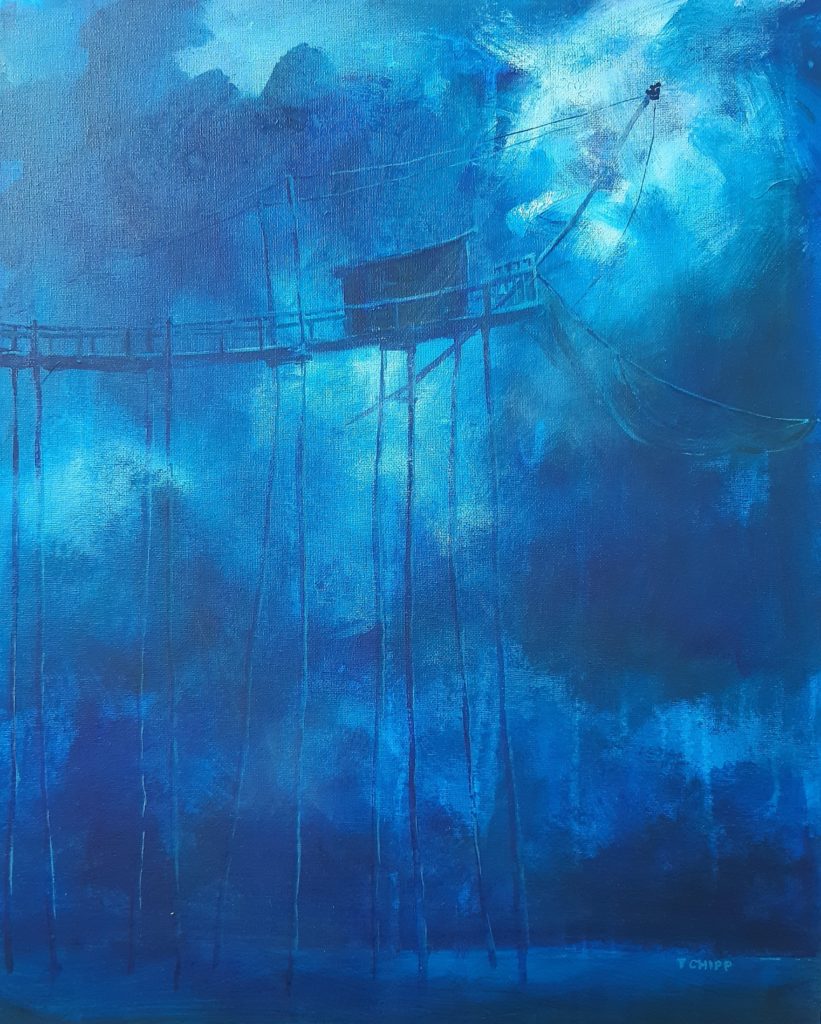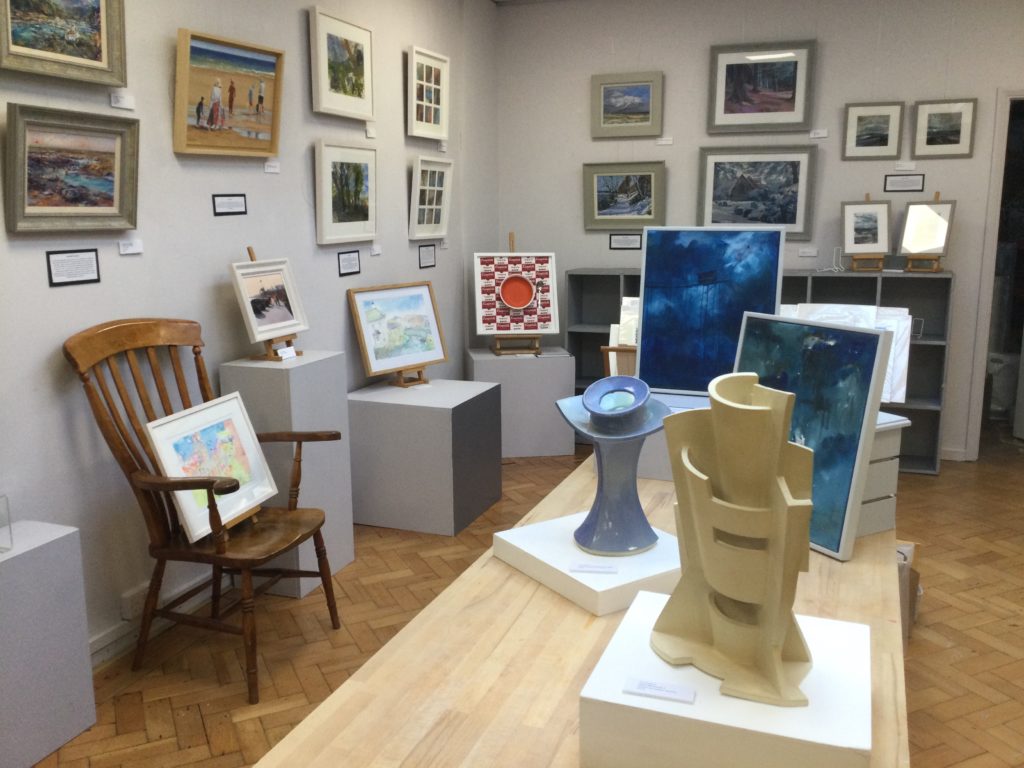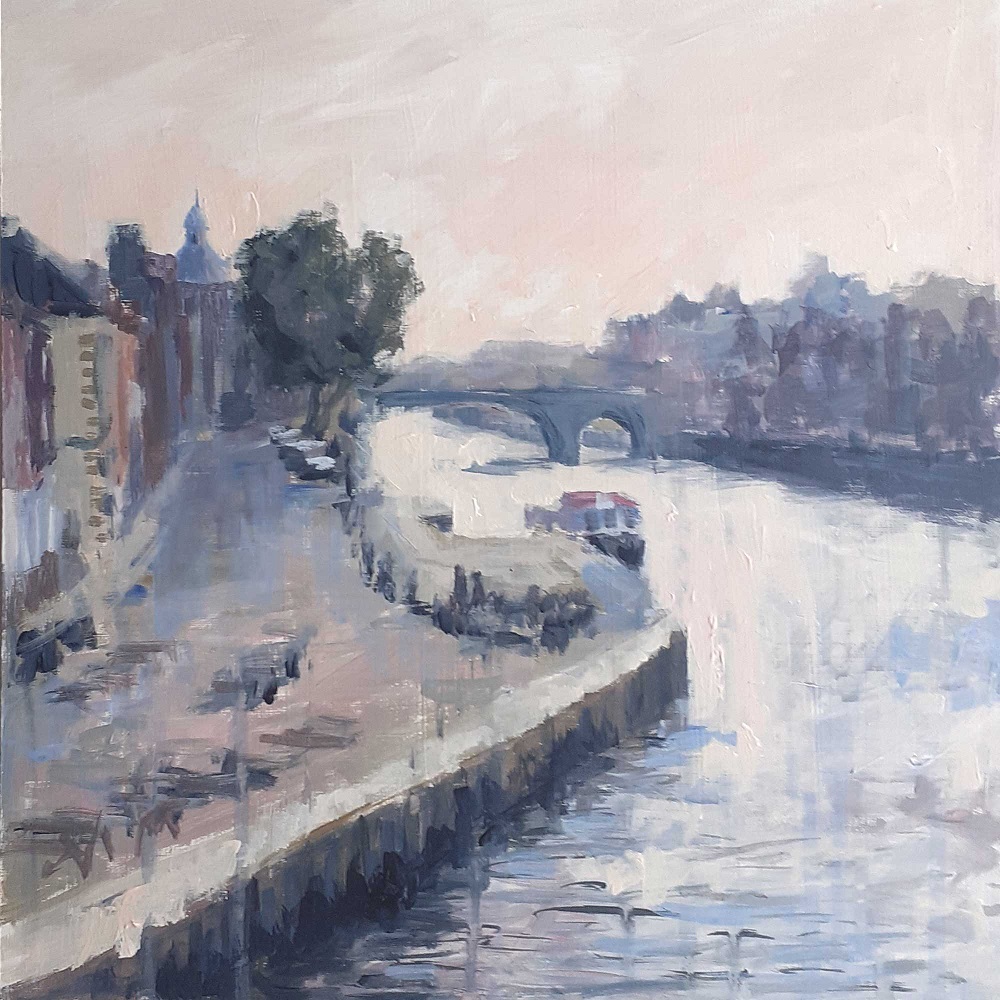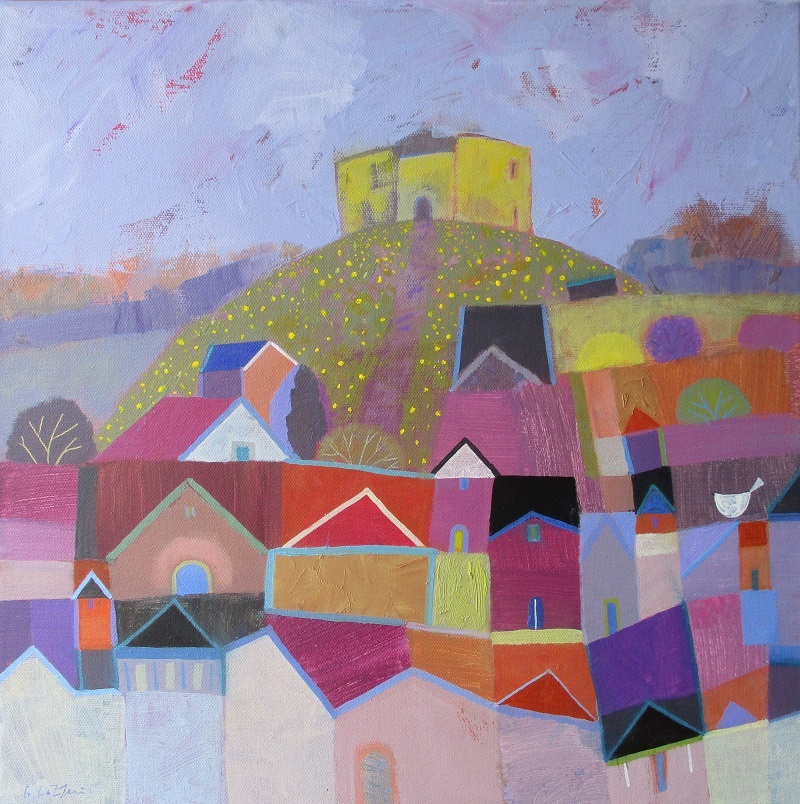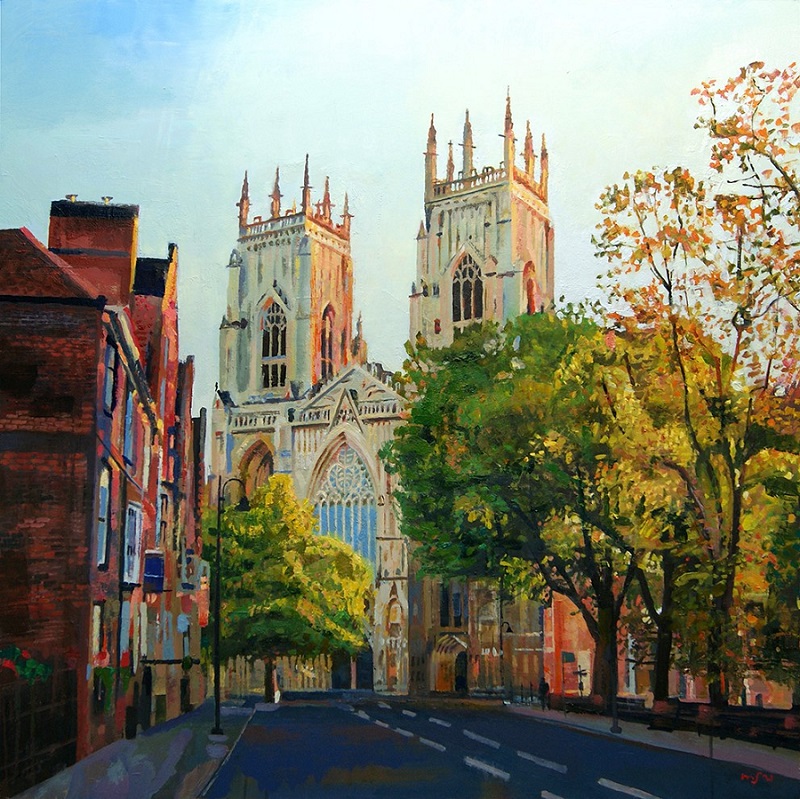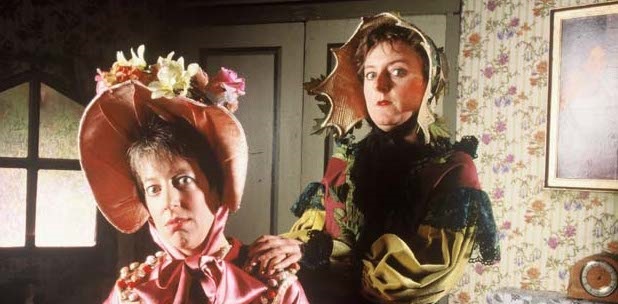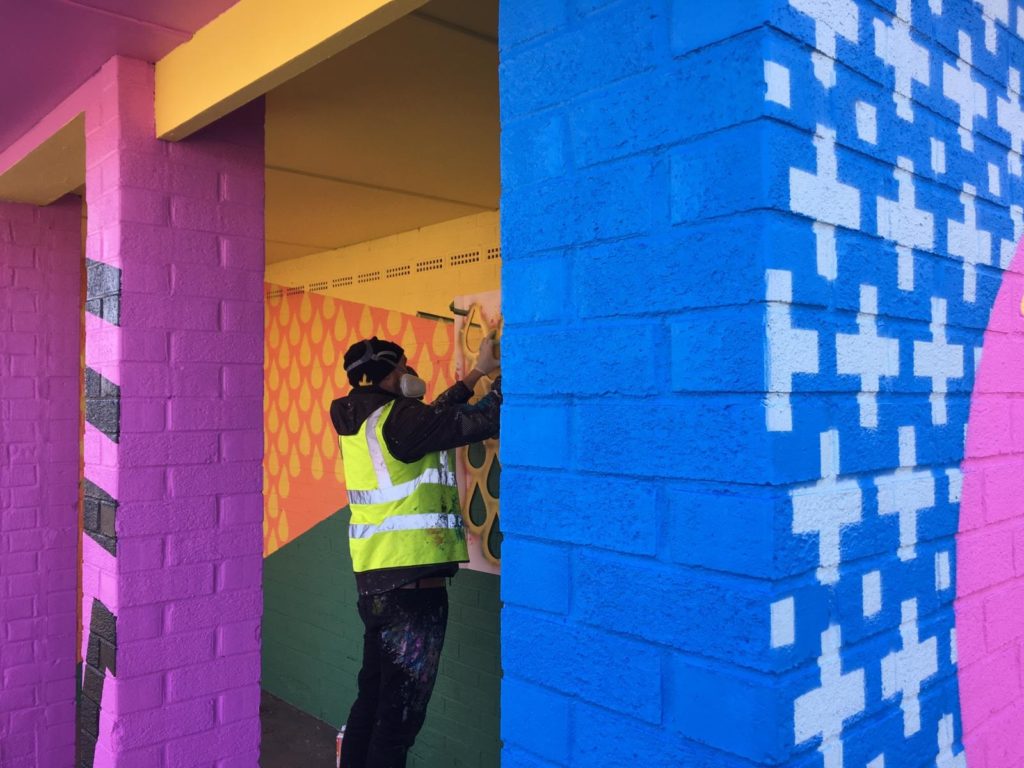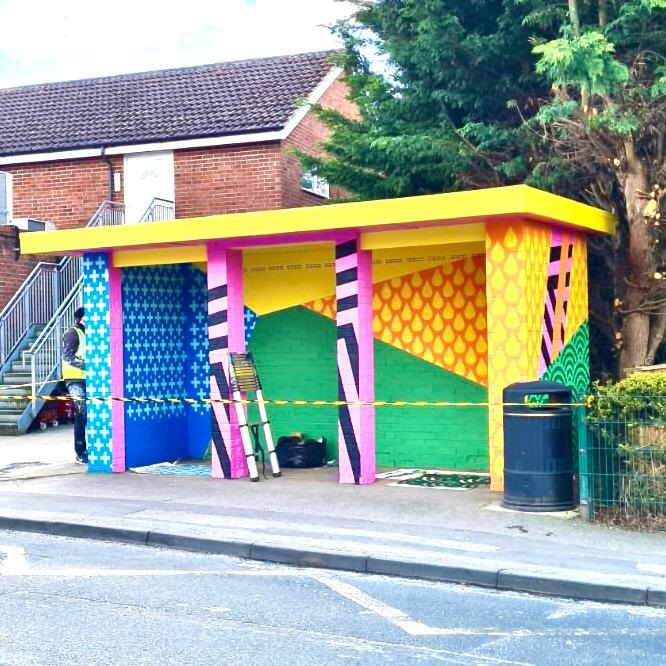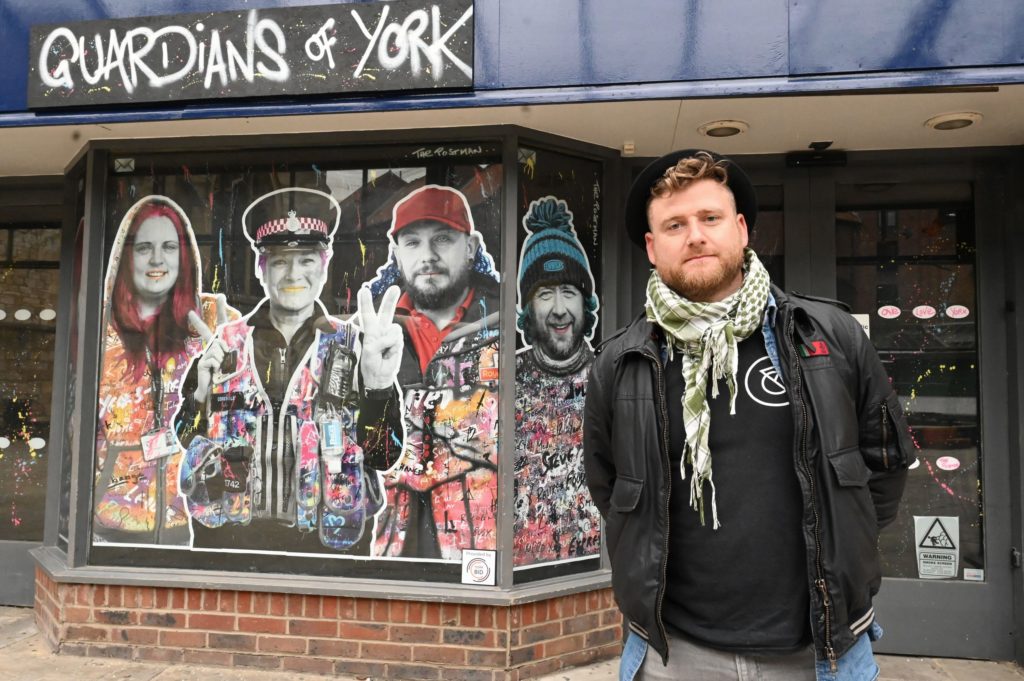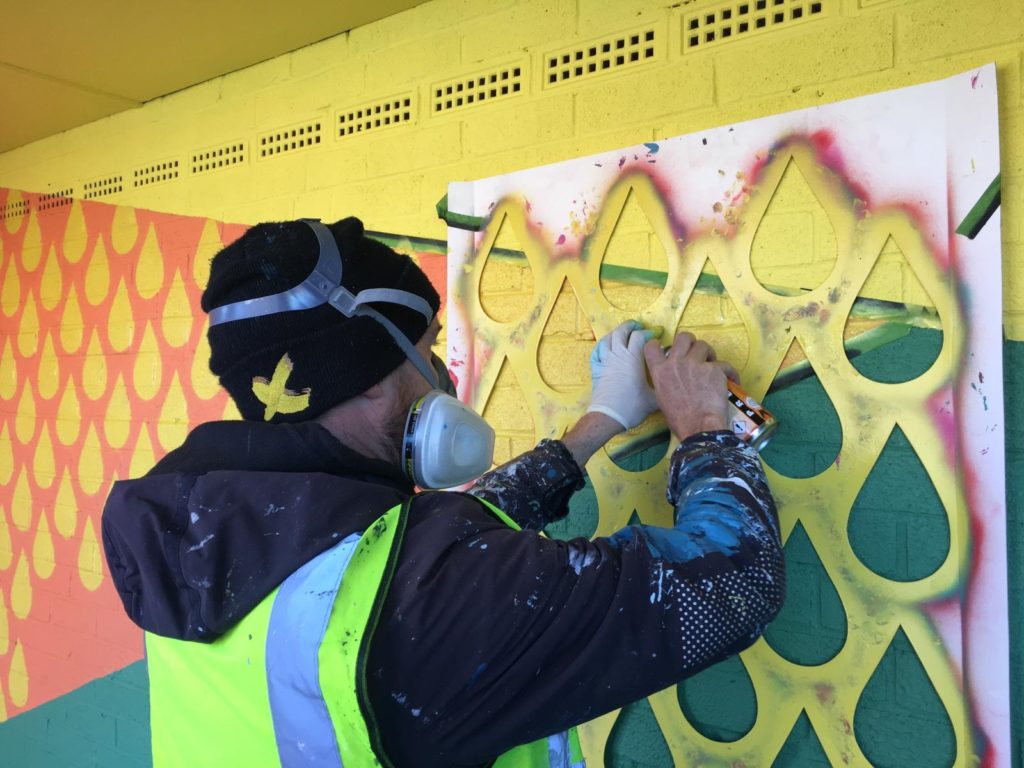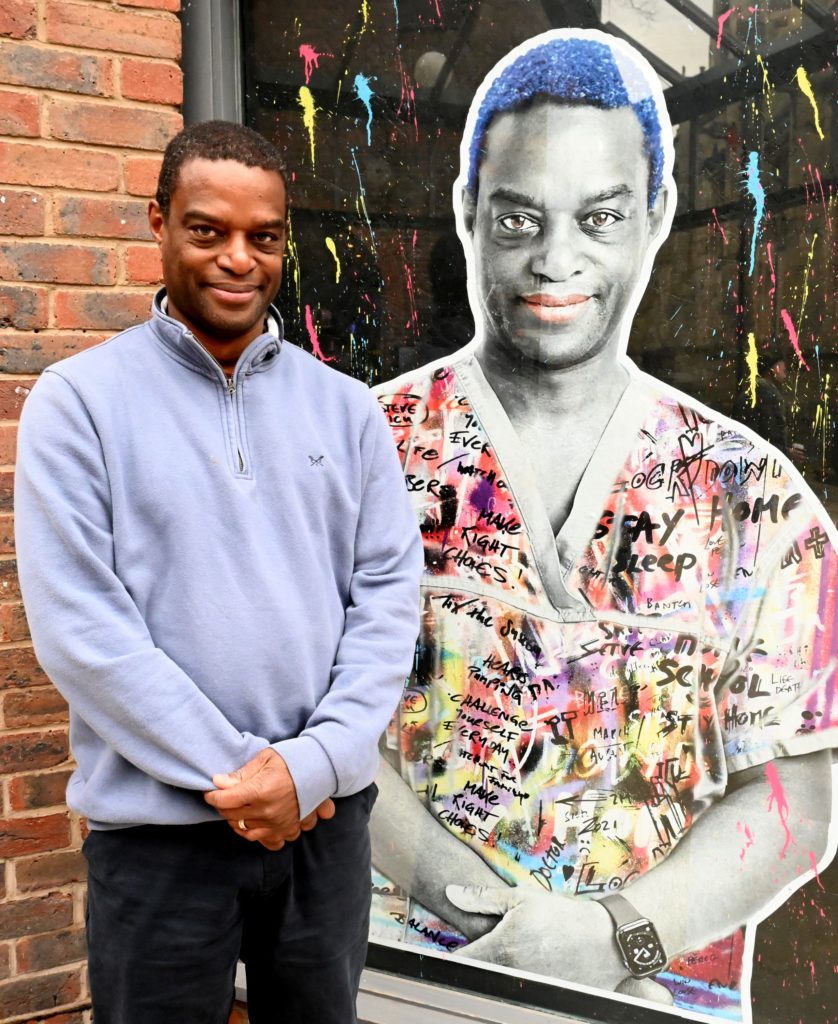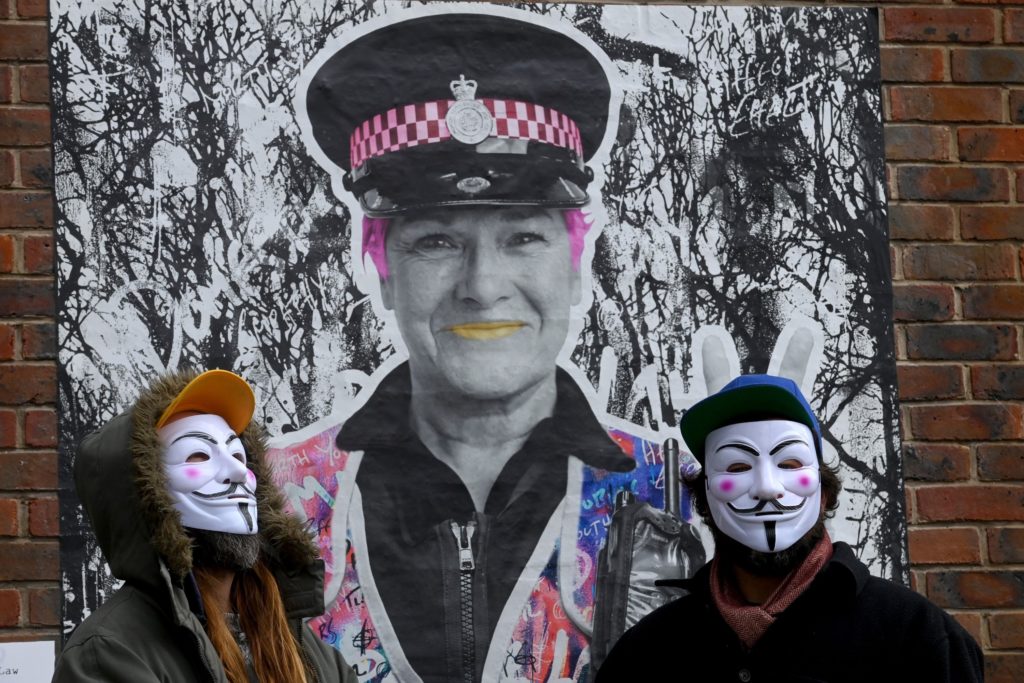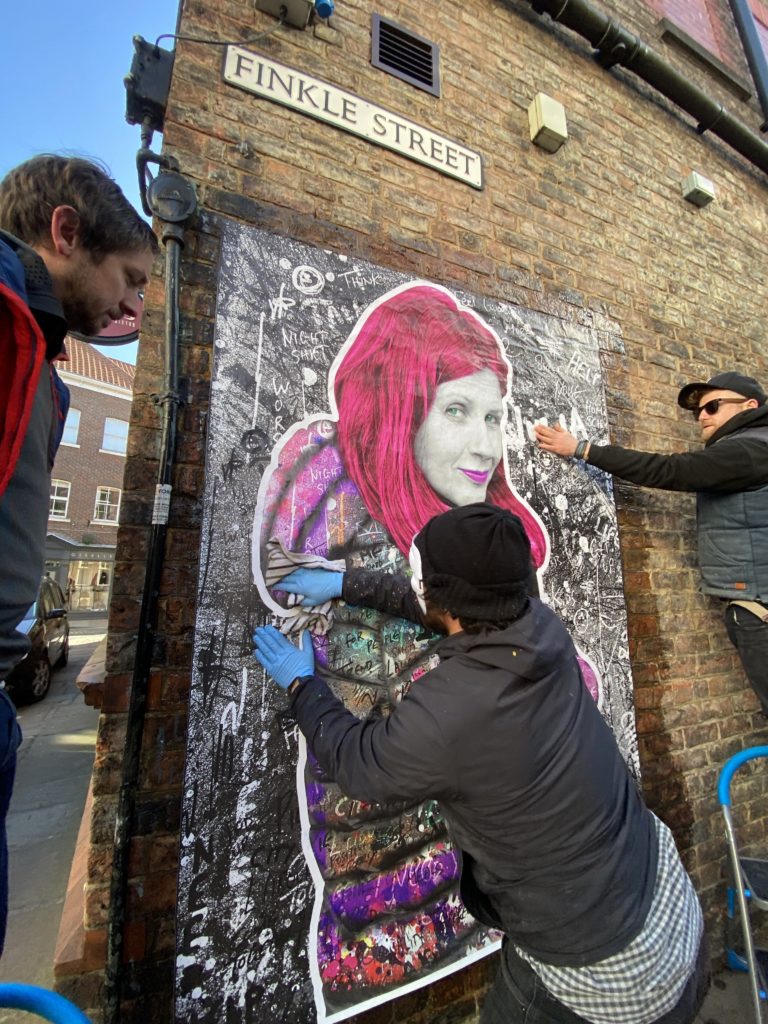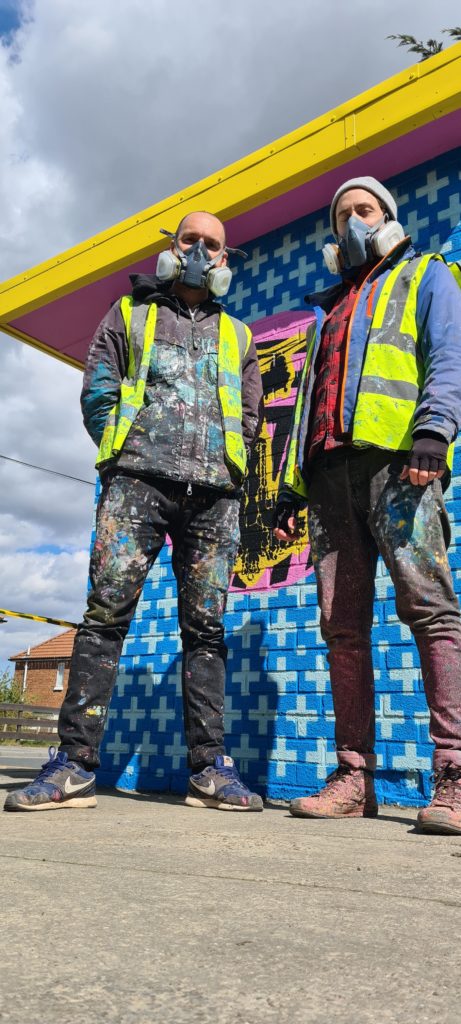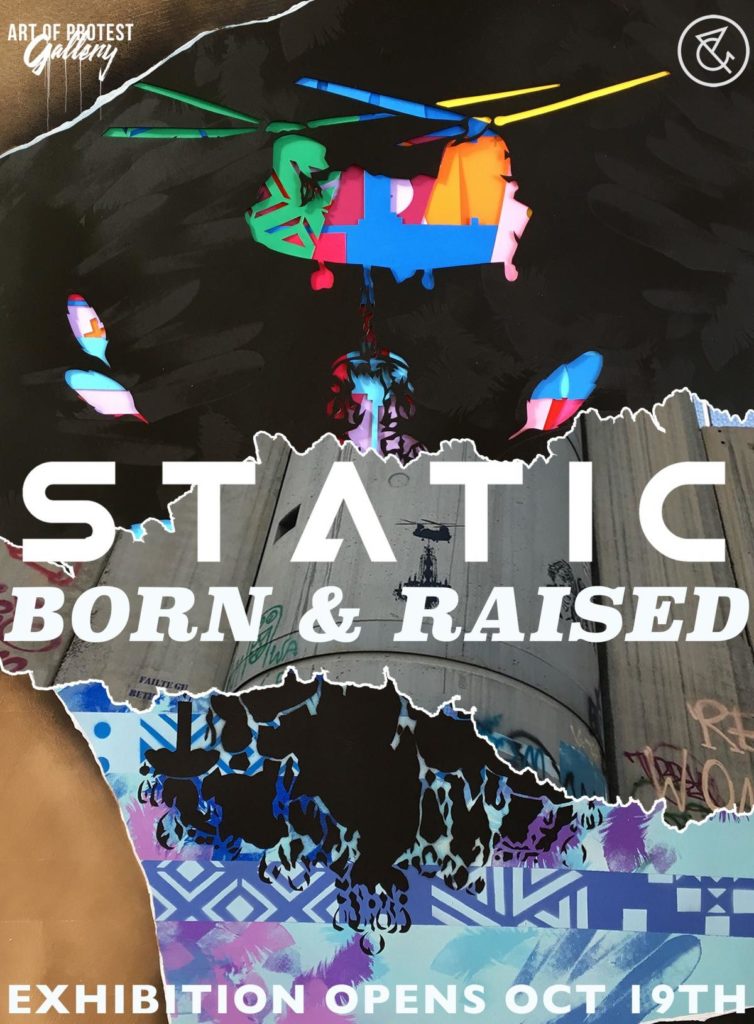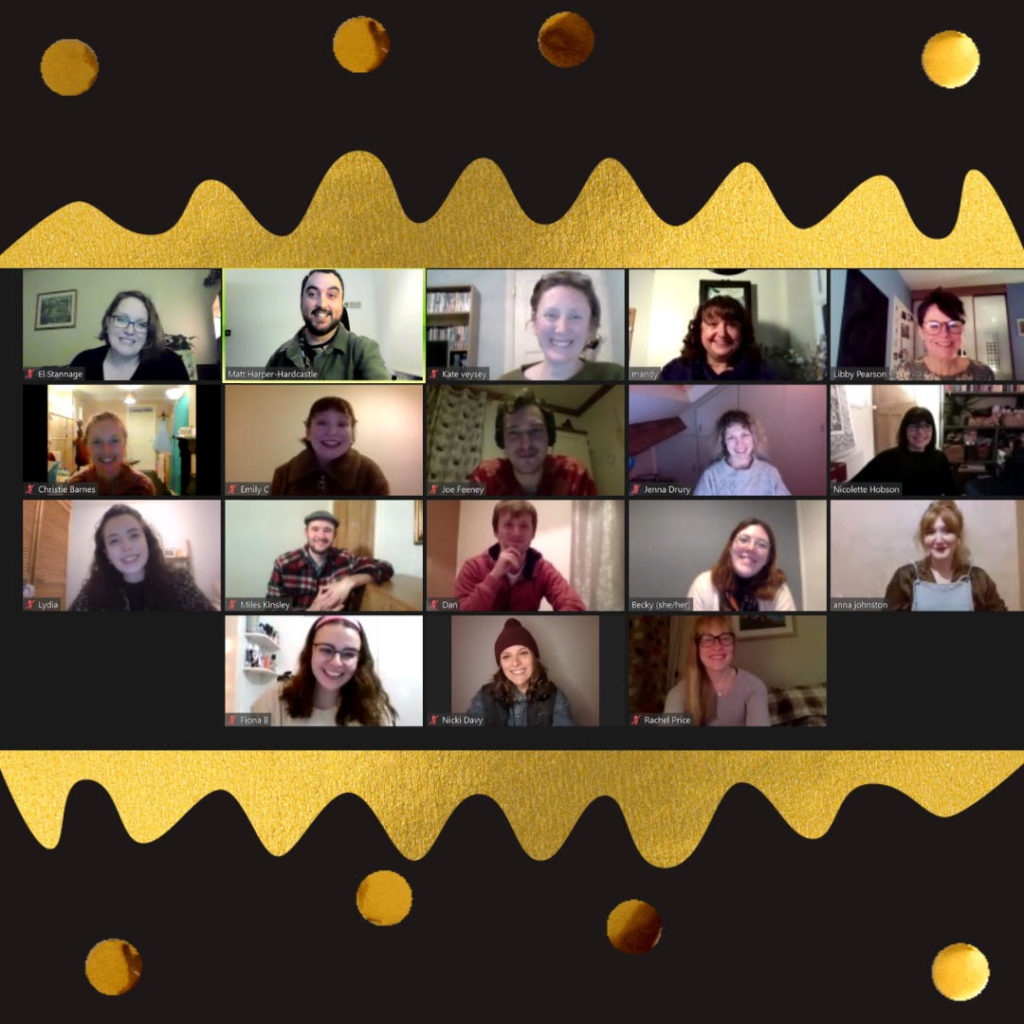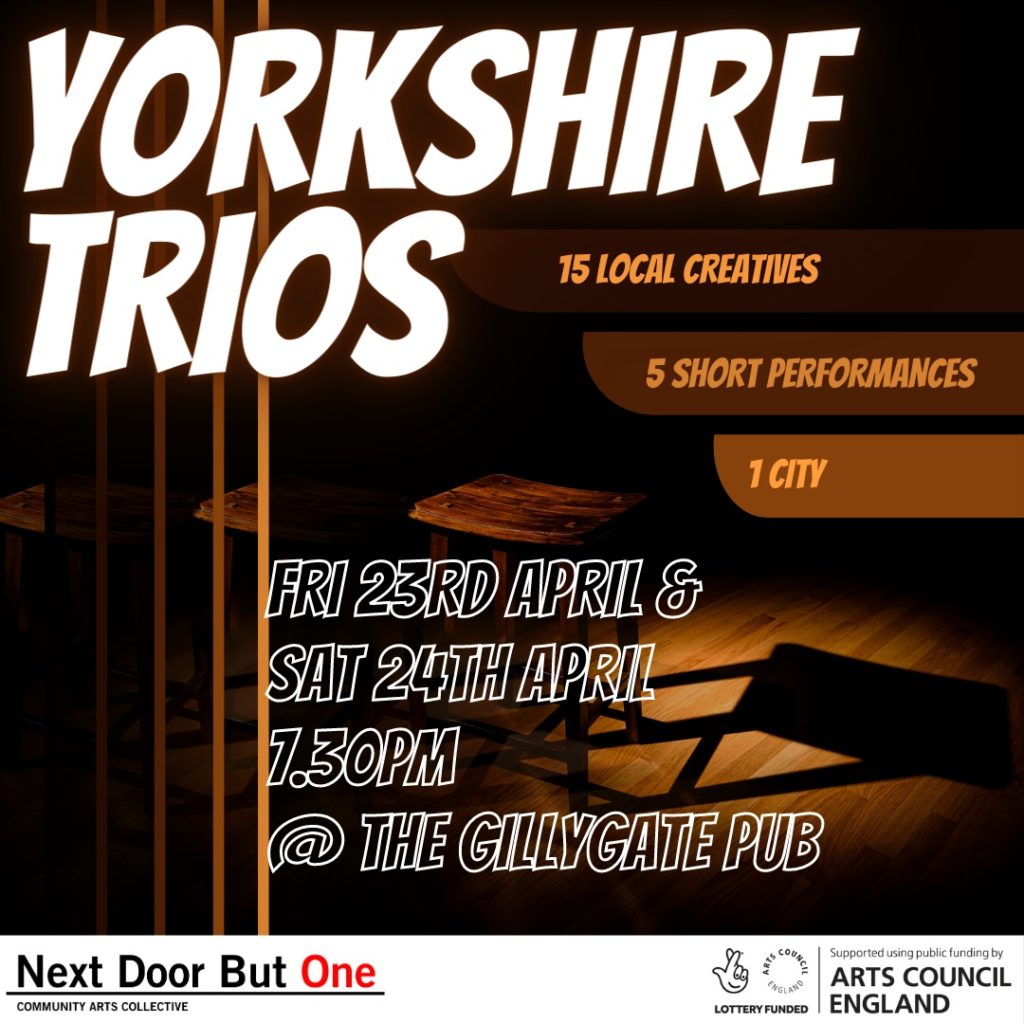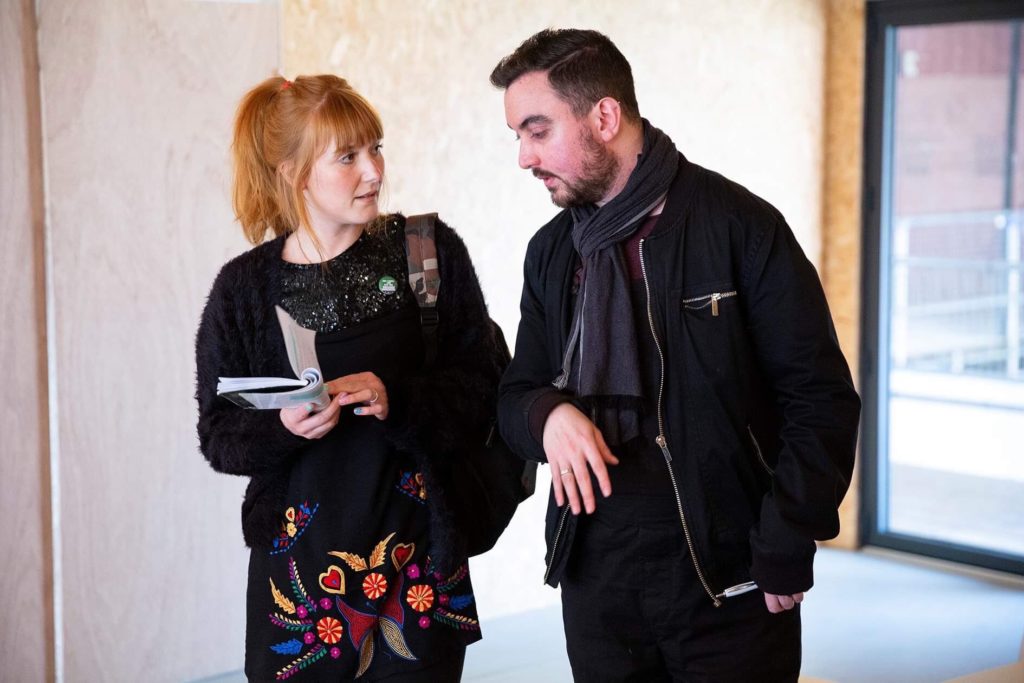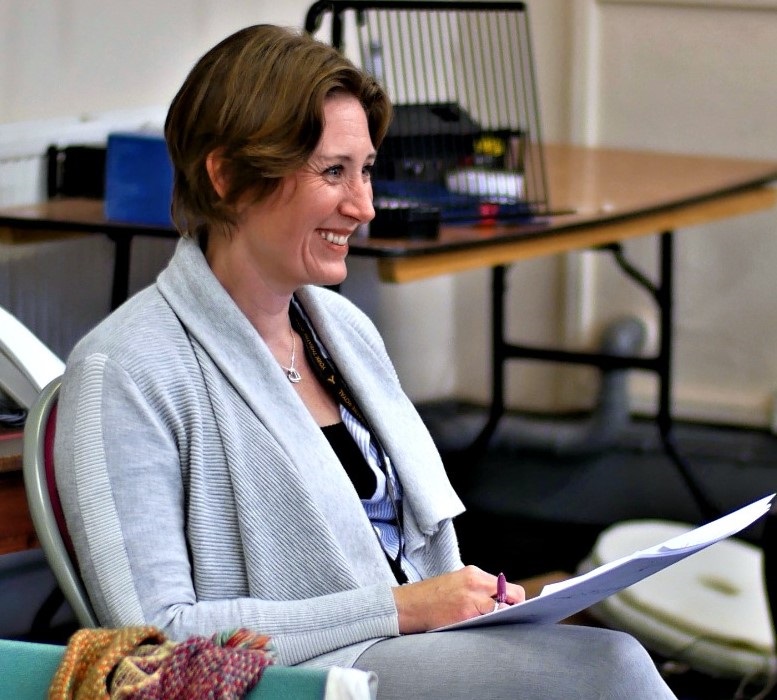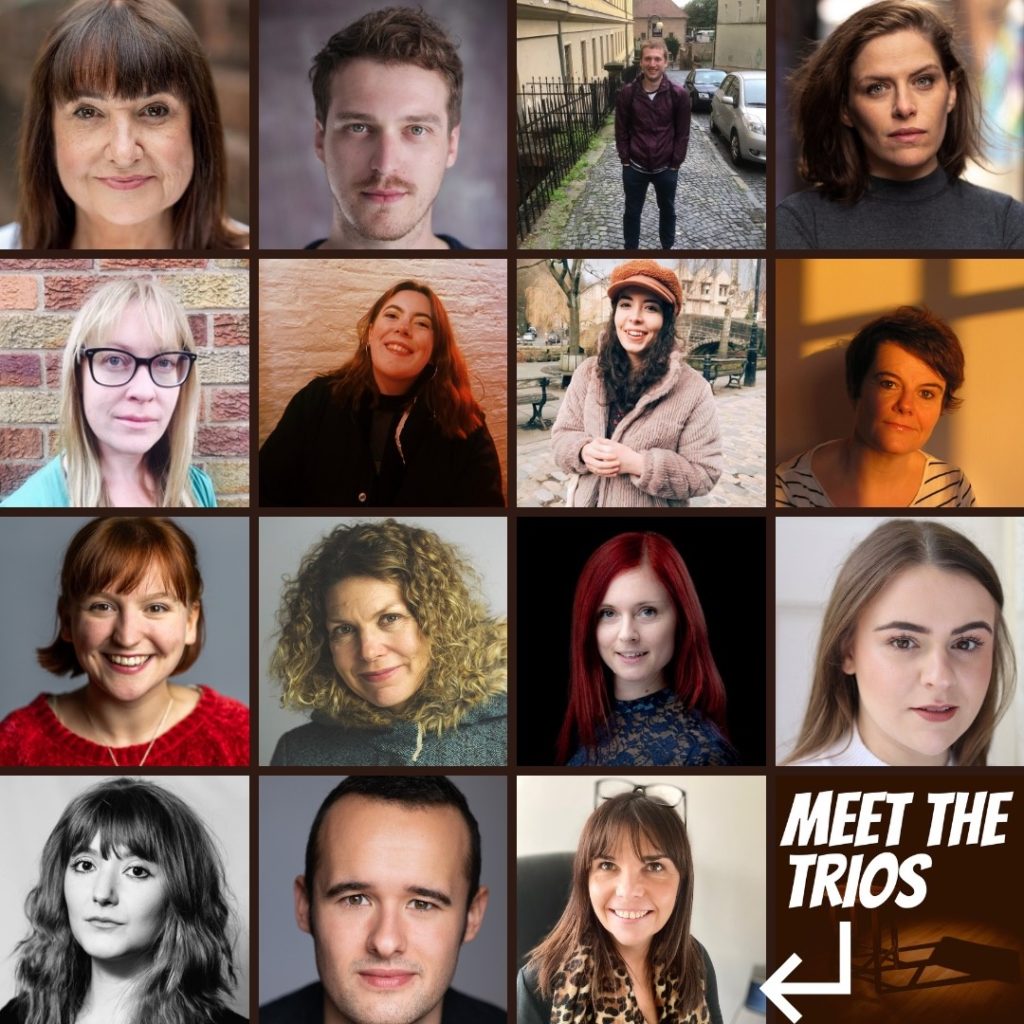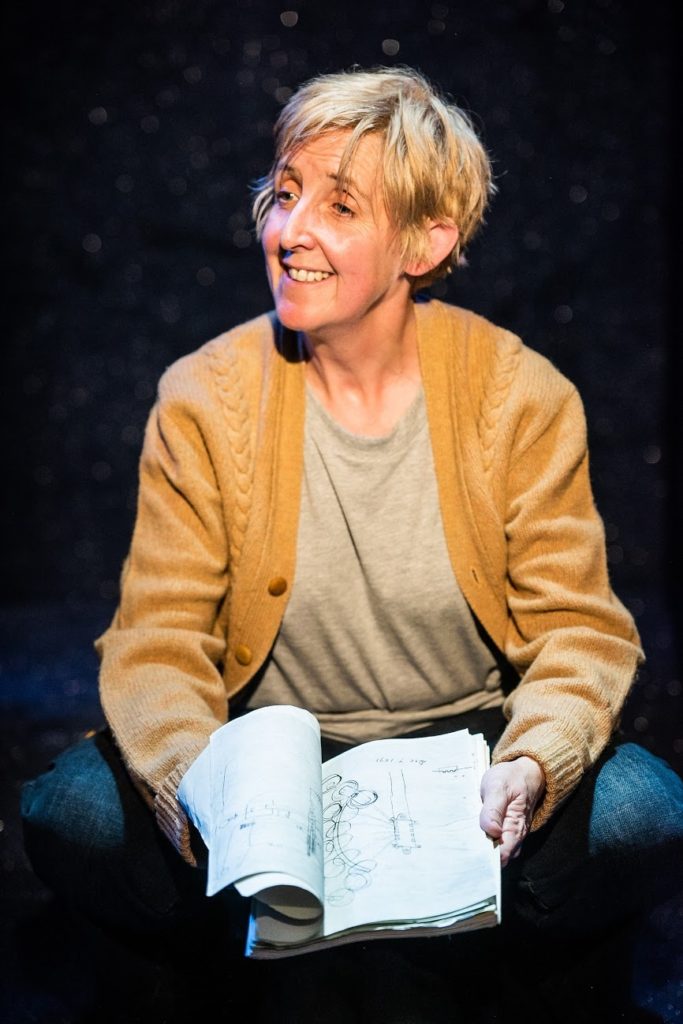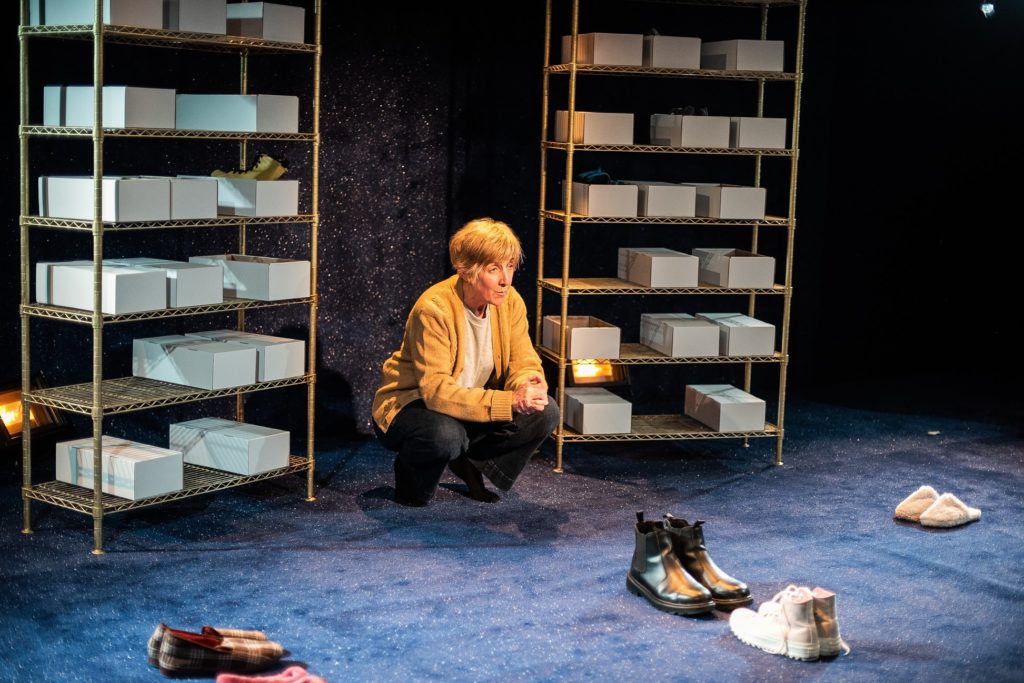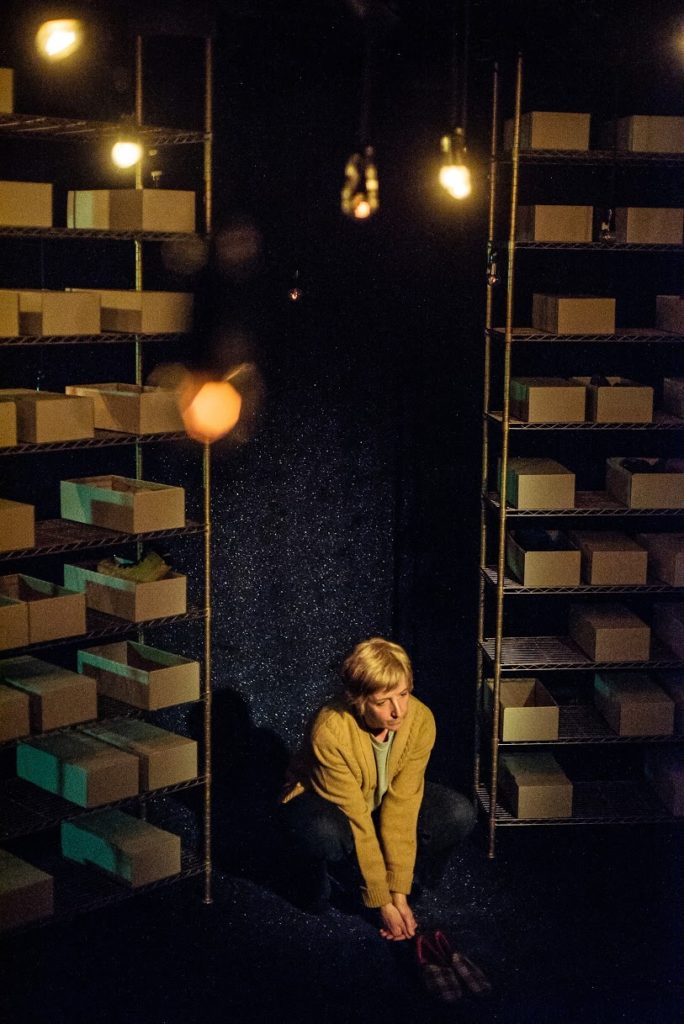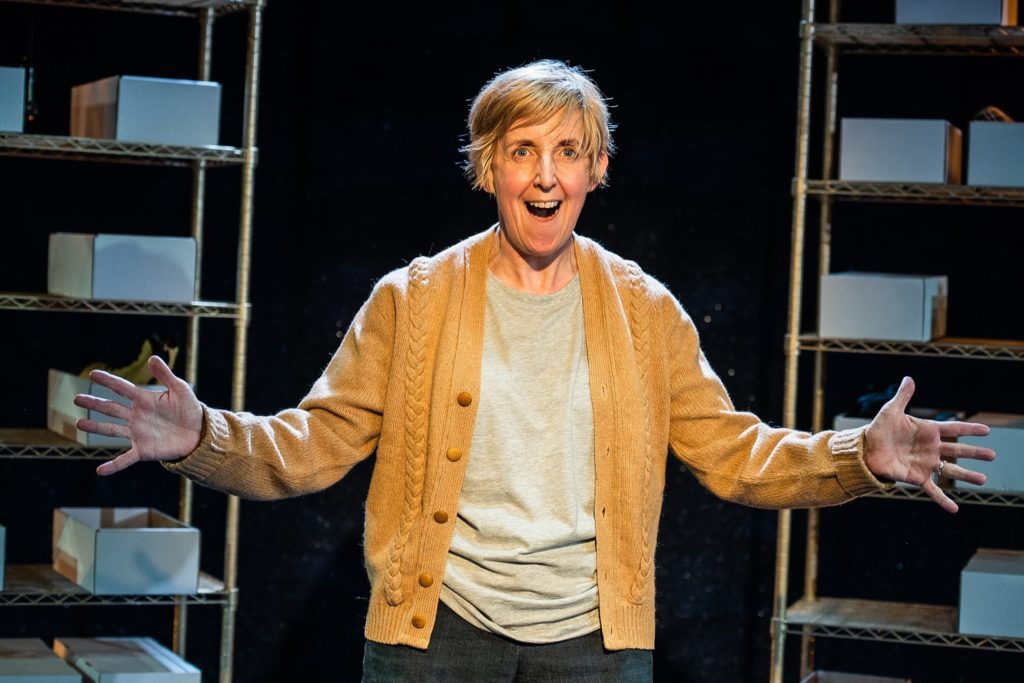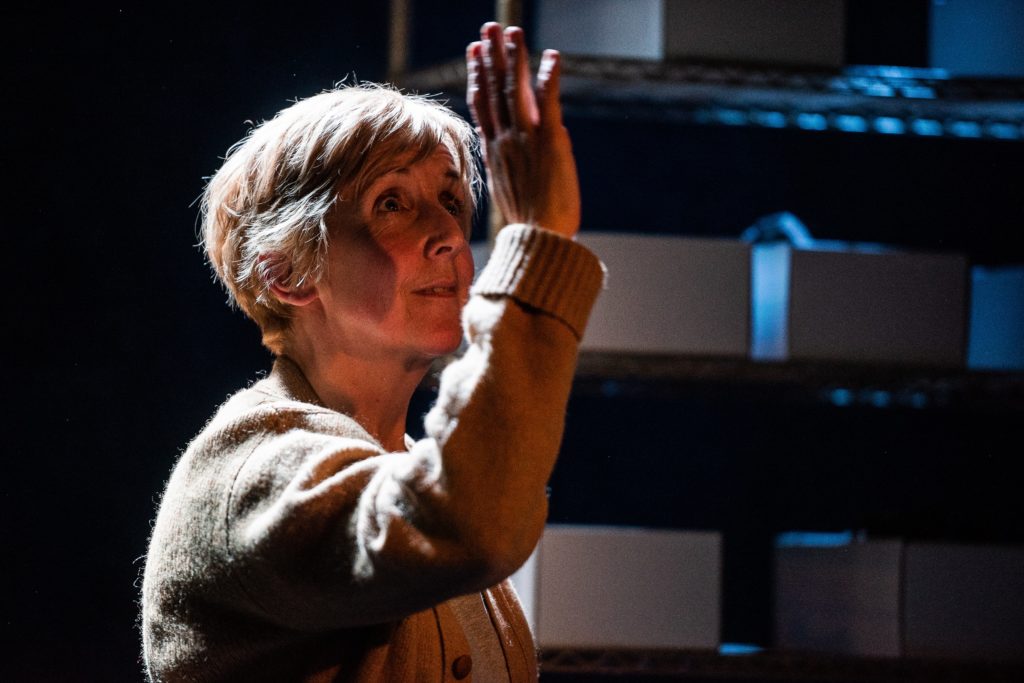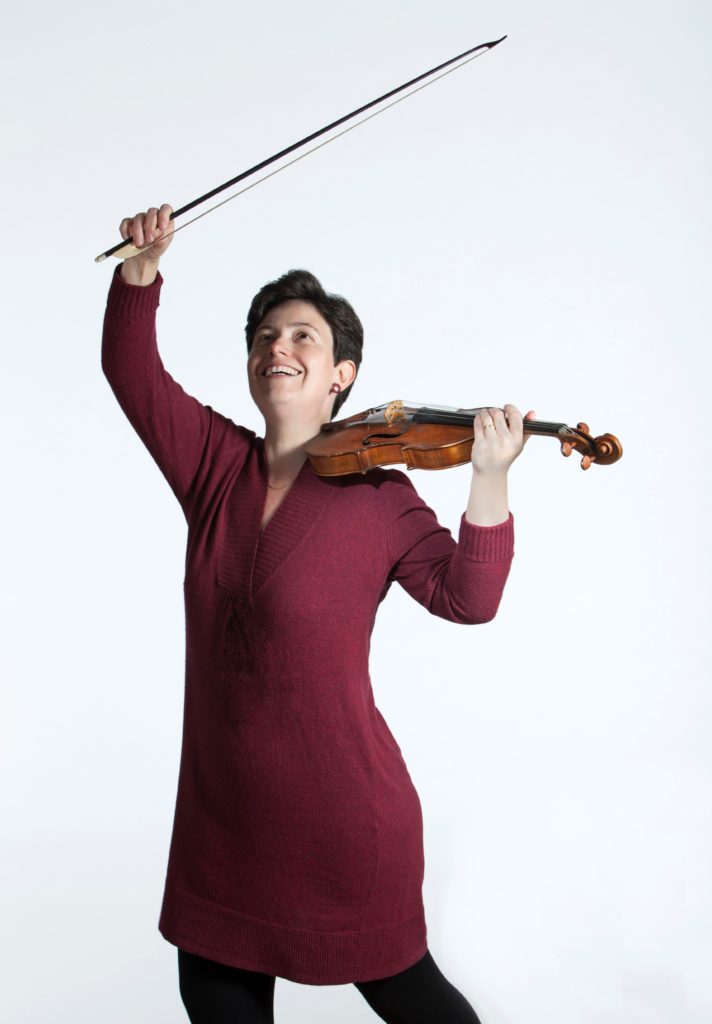
BEVERLEY Early Music festivities for 2021 will have a new look in May and June.
As the Government’s phases of easing lockdown unfold, the National Centre for Early Music (NCEM), York, and the Beverley & East Riding Early Music Festival will present, not one, but two musical celebrations from the East Yorkshire town.
Beverley & East Riding Early Music Festival ’21 Live will run from May 28 to 30, followed by Beverley ’21 Online: Concerts, Talks and Hidden Gems on June 5 and 6.
Social-distancing restrictions and the festival’s commitment to accommodating all those who booked for last year’s postponed festival mean that only a limited number of tickets are on sale for the “in person” concerts at the end of May.
All the concerts, however, will be available to enjoy in the specially created digital festival, Beverley ’21 Online, on the first weekend in June.
Festival director Dr Delma Tomlin says: “We are delighted to be returning to Beverley and we’ve been working hard to ensure that our 2021 festival is available for everyone to enjoy. “As well as producing a live festival, for the first time we are delighted to invite you to join our festival online, which showcases of the majesty of the glorious county town of Beverley.”
Delma continues: “Beverley ’21 Online is a specially commissioned digital version of the festival filmed around the town and audiences will be able to enjoy all the concerts from the weekend, plus talks and exclusive footage of some of Beverley’s magnificent historic buildings.
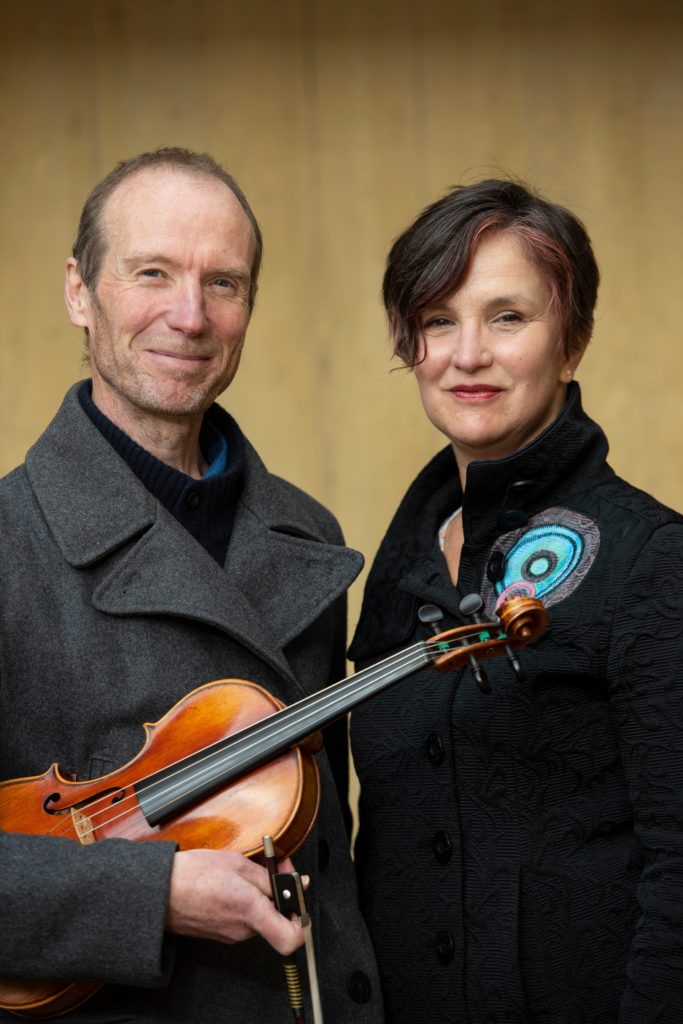
“We hope you’ll join us for this joyous celebration of wonderful music set against the backdrop of this beautiful Yorkshire town.”
Beverley & East Riding Early Music Festival ’21 Live, Friday, May 28 to Sunday, May 30
May 28, Beverley Minster, 7.30pm to 8.40pm: Stile Antico, Toward The Dawn, sold out
This programme charts a course from twilight to sunrise, seductive and unsettling in equal measure. Thrill to the spine-tingling sounds of Allegri’s beloved Miserere and enter into the glorious sound world of Nico Muhly’s Gentle Sleep, a haunting setting of words by Shakespeare, written especially for the 12 voices of Stile Antico.
Singers: sopranos Helen Ashby, Kate Ashby, Rebecca Hickey; altos Emma Ashby, Cara Curran, Hannah Cooke; tenors Andrew Griffiths, Jonathan Hanley, Benedict Hymas; basses James Arthur, Will Dawes, Nathan Harrison.
May 29, St Mary’s Church, 12.30pm to 1.30pm: Alva, Angels In The Architecture
Vivien Ellis, voice, Giles Lewin, fiddles and bagpipes, and Leah Stuttard, mediaeval harps, perform songs and melodies spanning 1,000 years, revealing stories hidden in the stones of the beautiful St Mary’s Church.
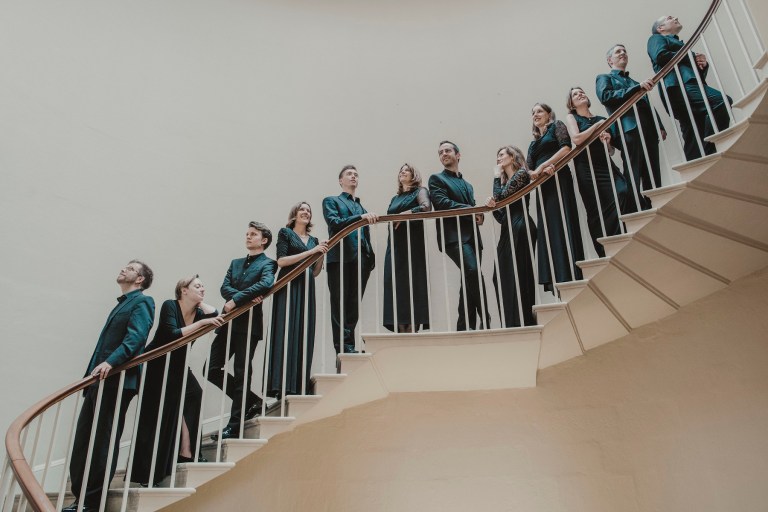
May 29, Toll Gavel United Church, 7.30pm to 8.30pm: La Serenissima with Tabea Debus, recorder, “The Italian Gang”, sold out
Life-affirming music of 18th-century Venice, featuring Sammartini and Vivaldi, directed by Adam Chandler.
May 30, Toll Gavel United Church, 3pm to 4pm: Kati Debretzeni, violin, Through The Eye Of A Lens
A virtual tour of Europe through the “lens” of a violin, performed by one of the world’s leading exponents.
May 30, St John’s RC Church, Beverley, 6.30pm to 7.30pm: Ex Corde, Heaven On Earth: Thomas More’s Utopian Dream
Reflections based on Thomas More’s Utopia with vocal music by Robert Fayrfax and Josquin des Prez, plus the premiere of a commission by Christopher Fox, inspired by More’s vision, directed by Paul Gameson.
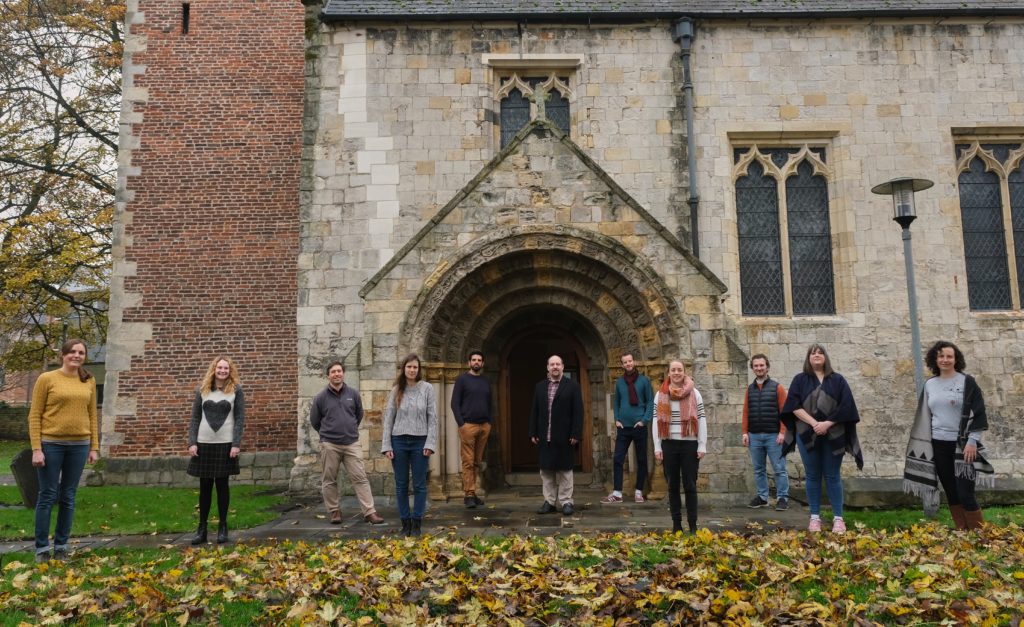
May 29 and 30, Beverley Ballad Walks; Saturday, In And Around Beverley Minster, 4pm; Sunday, It All Happened In Beverley!, 10am, and In And Around Beverley Minster, 1pm
Taking place over the live festival weekend will be the hugely popular Ballad Walks, led by singer Vivien Ellis, brimming with songs and stories from the streets. The tales span 800 years of history and reveal Beverley’s sometimes murky past, as well as the fascinating tales of inhabitants.
Beverley ’21 Online, Saturday, June 5 and Sunday, June 6
TO ensure the festival can be enjoyed by the widest possible audience, all five concerts will be filmed and available online, with an added bonus of many exclusive treats.
Historian David Neave will talk about the Pilgrims of the East Riding, who left these shores in 1638 to set out for a new, and better, world in North America; Stile Antico share the music of the period through a specially commissioned film available to all ticket holders; and John Bryan, Emeritus Professor of Music at the University of Huddersfield, introduces the festival from the Rococo splendour of Beverley Guildhall.
There also will be opportunities to visit some of Beverley’s hidden gems in the company of guest curators Fiona Jenkinson and Dr Jennie England.
Further details of Beverley ’21 Online will be available from May 6.
For full Beverley Early Music festivities details, times and ticket prices, go to: ncem.co.uk.
Tickets are on sale now online at ncem.co.uk/whats-on-bemf/, by email to boxoffice@ncem.co.uk or on 01904 658338, but due to limited capacity, some events may be sold out already, and the organisers will be operating a waiting list via email sent to boxoffice@ncem.co.uk.

